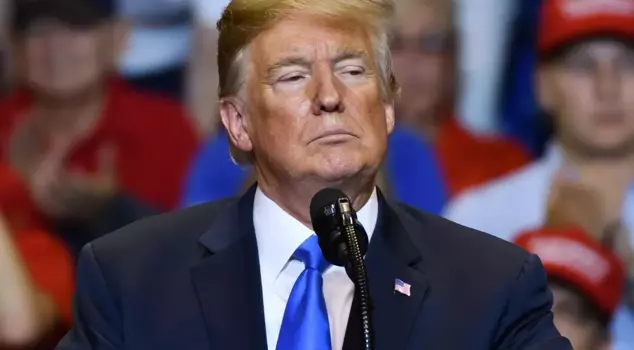
13.04.2025 07:40
The U.S. government has decided to exempt certain electronic products, including smartphones and computers, from the additional 125% tariff imposed on China and the basic 10% customs duty applied to other countries. More than 80% of the products for which the exemption has been granted are produced in China.
```html
A move has come from the administration of U.S. President Donald Trump to mitigate the negative effects of tariffs.
In a statement made by the Customs and Border Protection Agency under the U.S. Department of Homeland Security, it was reported that certain technological products, including smartphones, computers, chips, machines used in chip production, processors, modems, solar panels, flat-screen television panels, portable storage devices, and memory cards, would be exempt from the additional 125% tariff imposed on China and the basic 10% customs duty applied to other countries.
THE DECISION CAME AFTER CONCERNS
It was stated that the exemption would cover products imported as of April 5. Stephen Miller, Deputy Chief of Staff at the White House, announced that the electronic products in question would continue to be subject to the 20% tariff imposed on China, citing their failure to prevent the flow of fentanyl into the U.S. The decision drew attention as it came after concerns that excessive price increases could occur for products produced by U.S. technology companies in China due to the additional tariffs. More than 80% of the products for which the exemption decision was made are produced in China.
TRUMP ANNOUNCED RECIPROCAL TARIFFS
On April 2, U.S. President Donald Trump announced new tariffs to be applied to trade partners. Trump stated that the basic tariff rate would be 10% and also mentioned that reciprocal additional tariffs would be applied at different rates to many countries. Following backlash, Trump announced that he would suspend additional tariffs on trade partners other than China for 90 days. It was reported that the customs duty rate imposed on China, which retaliated against the U.S., had reached 145%.
```